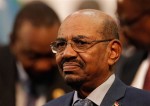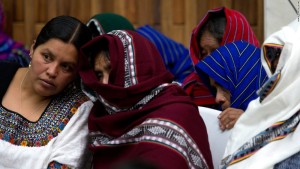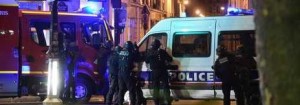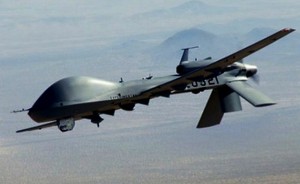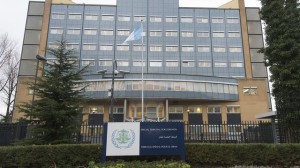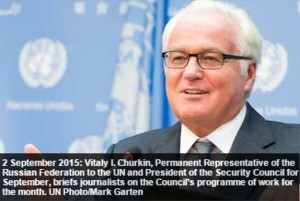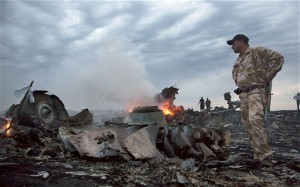By Daniel Aguirre and Vani Sathisan*
Recent political discussion in Myanmar revolves around the formation of a new government and selection of a president, but not enough attention is focused on the position of the attorney general, who holds a critical function in upholding rule of law and respect for human rights.
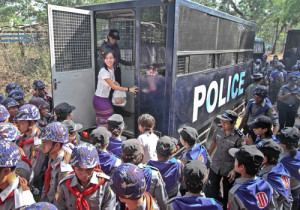
Students arrested in a police crackdown on their peaceful protests against the education law in March 2015 arrive for a court hearing on May 12, 2015. Lawyers and activists complain the trial is taking too long. Photo: Aung Myin Ye Zaw / The Myanmar Times
The attorney general is Myanmar’s most powerful legal officer: As a member of the executive, the AG provides legal advice to the President and the hluttaw, analyses international treaties, drafts and amends laws, and represents the government in judicial proceedings. The attorney general also directs the prosecutors’ office and ensures that cabinet actions are legally valid, in line with the constitution and international human rights law.
The International Commission of Jurists (ICJ), international donors and development partners discussed the attorney general’s powerful role on the sidelines of the launch for the Union Attorney General Office’s (UAGO) Strategic Plan 2015-19 in Nay Pyi Taw last week. All expressed hope that the incoming National League for Democracy (NLD) government will appoint an attorney general committed to reform, the rule of law and human rights, in line with their election manifesto promise to ensure that executive and judicial systems support the rule of law. Continue reading →


